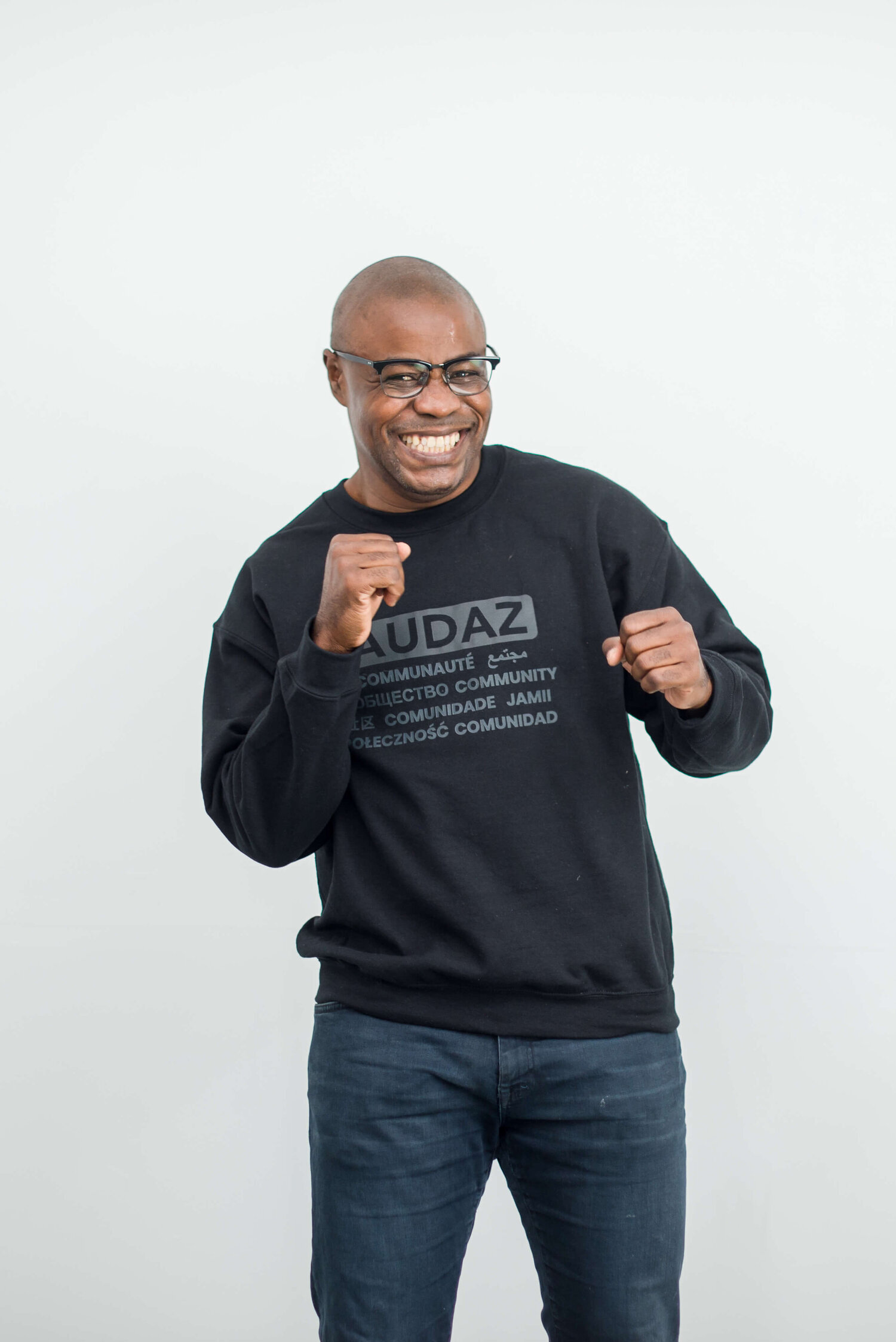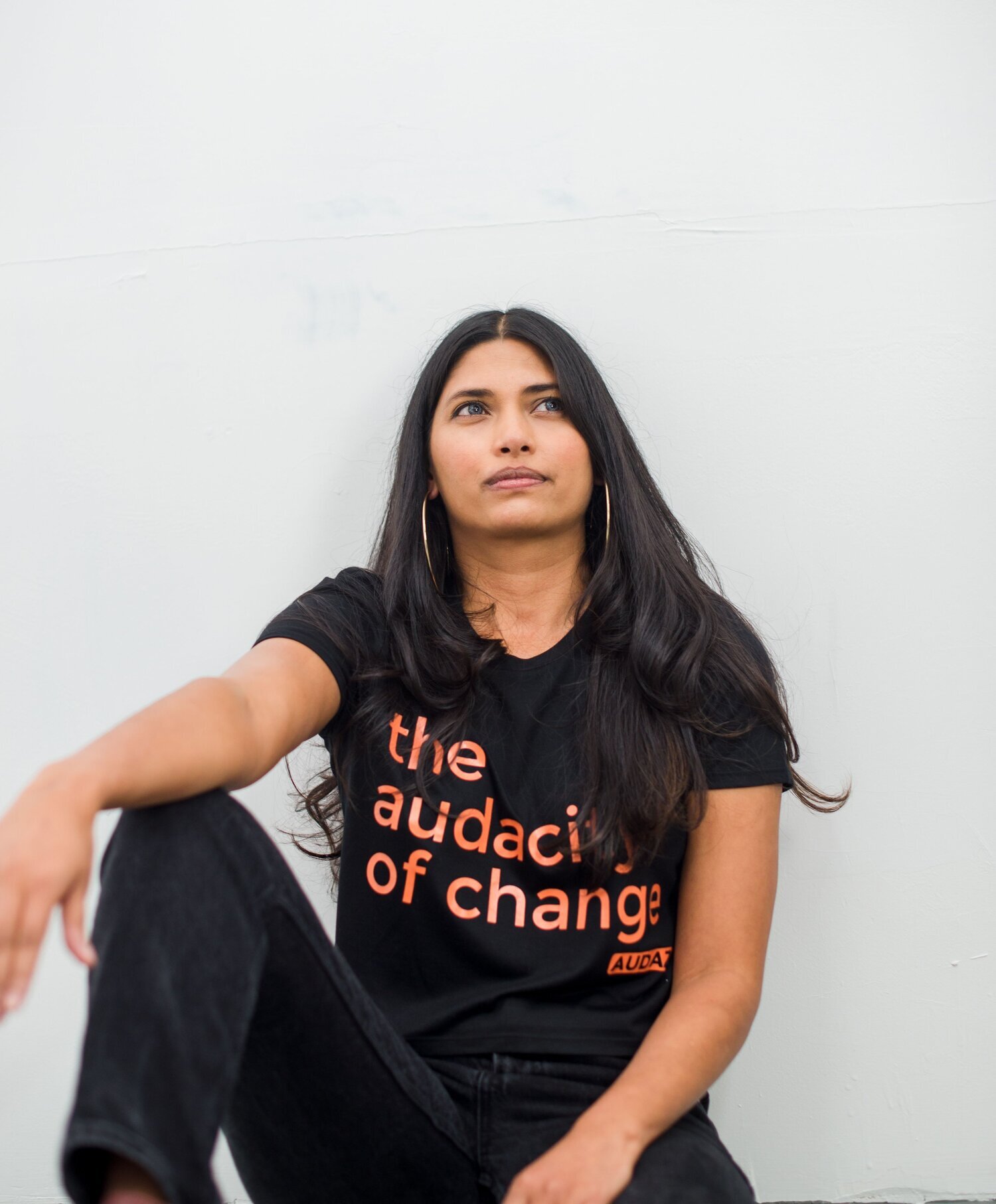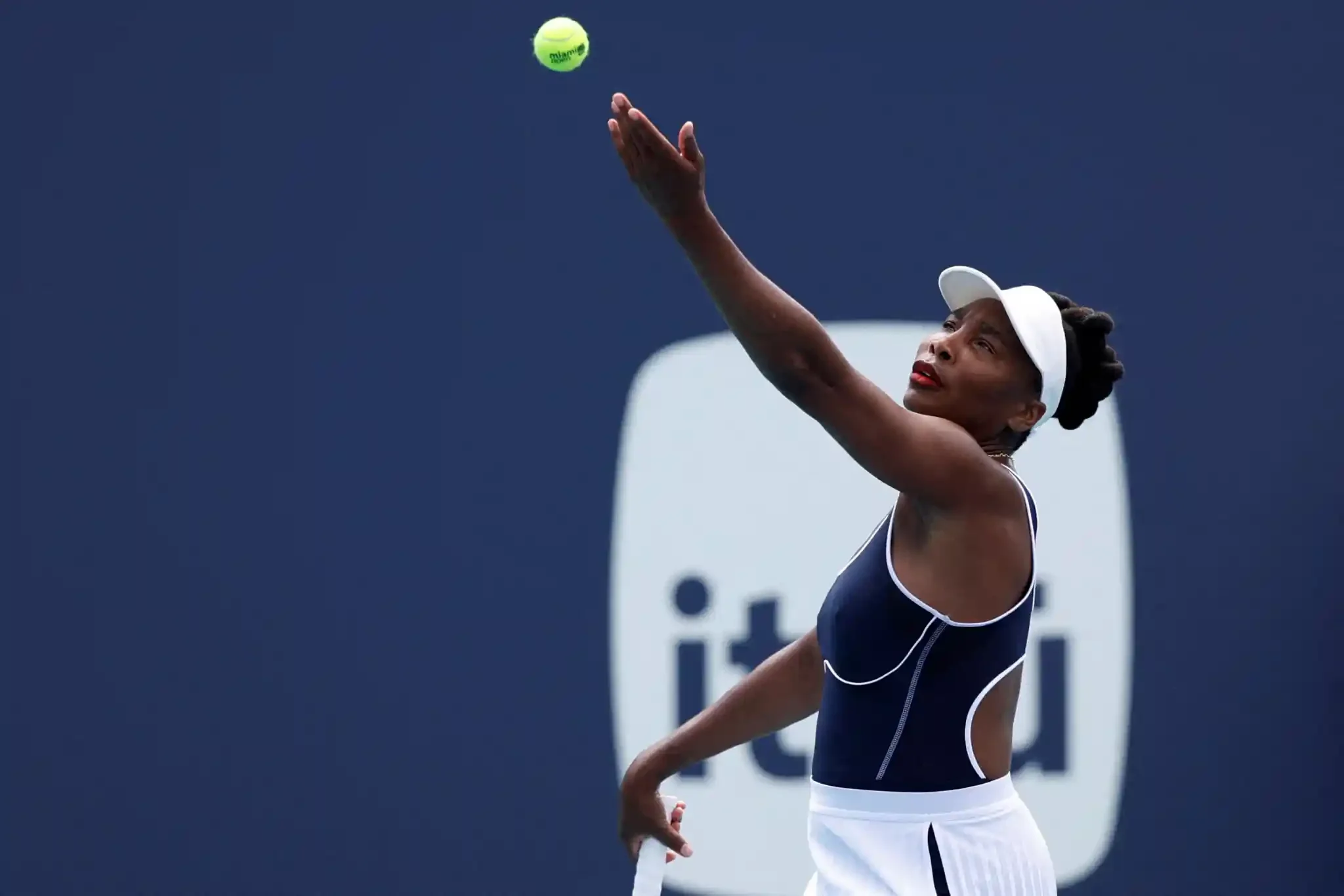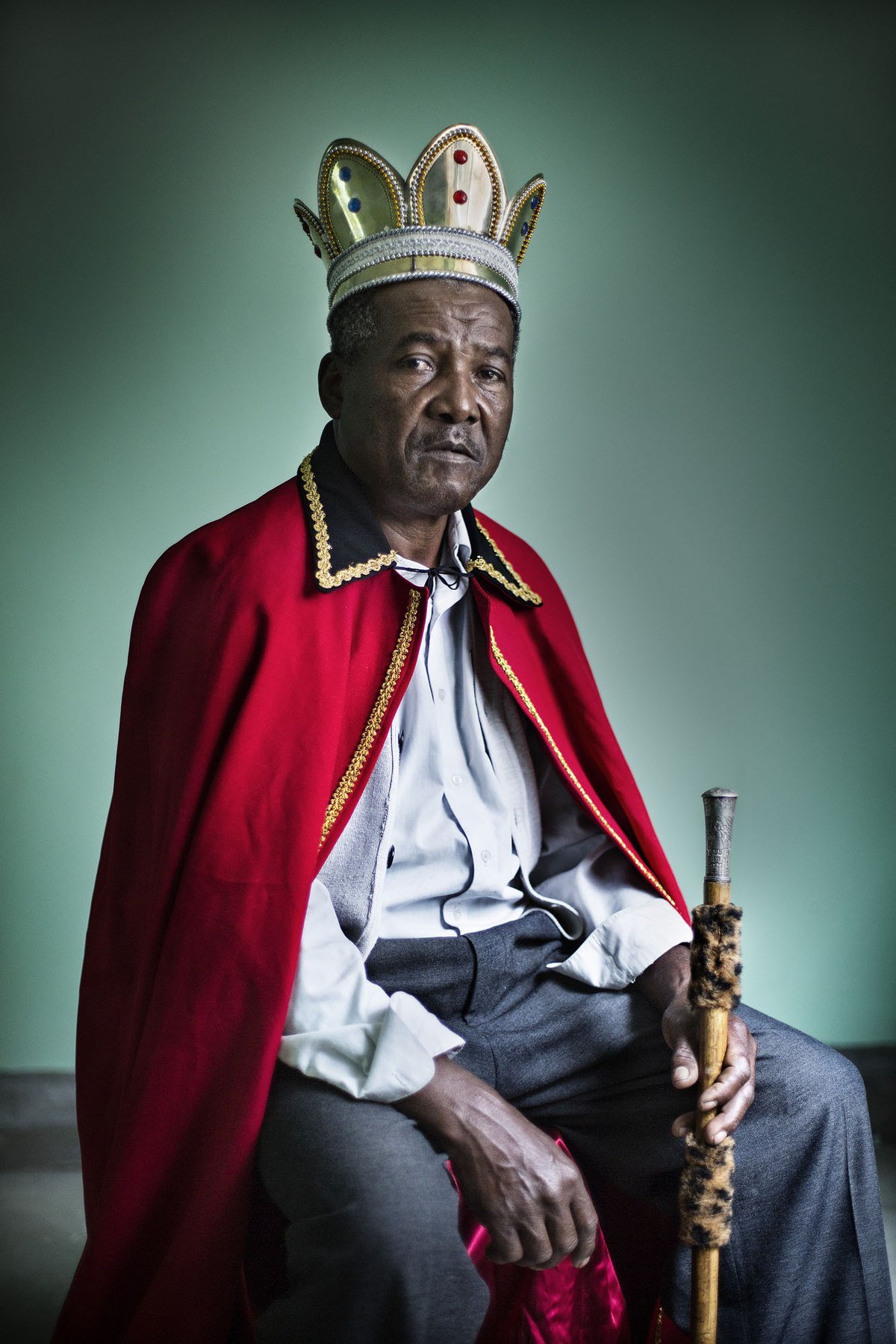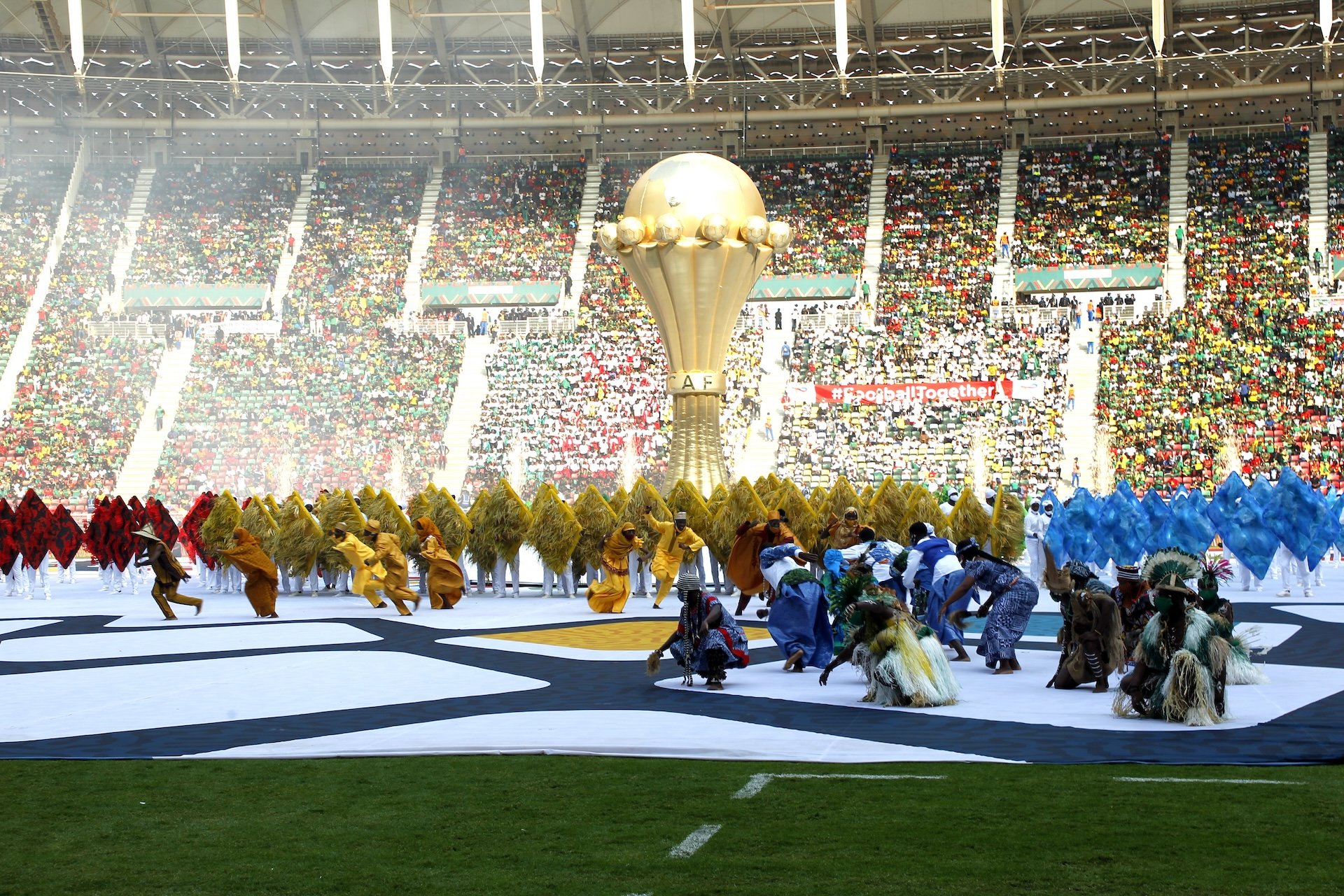Naomi Osaka: standing strong in adversity
Getty Images
It goes like this: each year, the International Tennis Federation organizes four major tournaments (the Australian Open takes place in Melbourne in January, the French Open, in Paris during the month of June, Wimbledon in London in June-July and the US Open in New York during the month of September), in which the best ranked tennis players in the world compete against each other.
So understandably, the announcement of Osaka's withdrawal from Rolland Garlos was like a bomb given that for a player of her level, the tournament is essential to maintain her ranking among the best tennis players in the world.
But Osaka is not worried about her tennis ranking at the moment. The athlete has been promoting the importance of mental health and her desire to preserve her sanity above all. Following her announcement, she was fined $15,000 by the federation on the grounds that she refused to honor her contractual obligations with the media. Less than a week before the tournament, she had announced on social media that she would not attend the traditional post-match press conferences. In her announcement, she mentioned having suffered from depression since 2018.
Completely unprecedented in the world of tennis (and sports in general), this news caused a wave of reactions from the public, athletes and sports professionals. Although the topic of mental health has been discussed more openly in the last few years, Osaka’s message made it sound new again. But this time from the point of view of a well paid athlete and influencer whose salary and contracts involve talking to the media.
That’s really what is at the heart of the discussion if you ask me. Besides the fact that social media makes everybody and their mothers an expert on any topic, my personal opinion on the matter is that people are really offended by the fact that she, a talented, young, rich and Black woman dared to take a stand for her own well-being. Emphasis on rich and Black.
Photo: Getty Images
Shut up and play
Athletes are often held to a different standard because their salaries are made public (I am not even talking about the sponsorships and other deals which are often more lucrative than annual salaries or earnings from tournaments), and people feel entitled to react when the athletes’ actions do not align with their (perceived) roles of simple entertainers.
The reactions often stem from the idea that athletes get paid a lot of money and should sit tight on a bench or play when they are told. And nothing else. Because if they dare do anything that goes beyond the game (to which they have pretty much given their lives, bodies, mental health and sacrificed time with family and friends) they are told their voices do not matter. Remember Lebron James being told to "shut up and dribble" by Laura Ingraham?
That was the message being sent to Osaka if you ask me.
At 23 years old, she is among the five best female tennis players in the world. She has won no less than four grand slams (the US Open in 2018 and 2020 and the Australian Open in 2019 and 2021). The tennis star has earned $ 60 million in the last 12 months, including $ 55 million through sponsorship deals. She broke the record for earnings for female athletes, which she set last year with $ 37 million. These exploits put her at number 12 on the Forbes list of the 50 highest-paid athletes in the world, tied with Tiger Woods, and far ahead of men's tennis stars like Novak Djokovic and Rafael Nadal.
So we should ask ourselves, what is the outrage really about? Why do we prefer our athletes quiet, with no opinion, and a side of sacrifice for the sake of our entertainment? Colin Rand Kaepernick anyone?
My point is, for people (non-athletes) to understand that making a lot of money does not take away from the fact that being an athlete is hard, very hard. Naomi Osaka was brave (yes brave) enough to say it out loud, and for that, she deserves a medal.
Osaka does not throw tantrums, she does not cause harm to anyone, she hasn’t been caught partying or doing drugs all night long, or being inappropriate or disrespectful to people. Her behaviour is actually exemplary, that of a well rounded young woman who, thanks to the support of her family, was able to understand the importance of evolving in a healthy environment.
Naomi with her sister Mari and her parents.
Grounded
Naomi Osaka was born on October 16, 1997 in Osaka, Japan to a Haitian father and a Japanese mother. When she was three, parents Leonard François and Tamaki Osaka moved the family to New York City. François, a tennis fan, was inspired by Serena and Venus’ father and decided to train his own daughters Naomi and Mari to become tennis stars. 20 years later, Naomi became the second best player in the world.
The talent of Naomi Osaka is undeniable, her game is focused and precise. Even when she faced her idol Serena William at the 2018 US Open, Osaka remained humble. Williams’ comeback after pregnancy was long awaited and the world was waiting for her return. The audience came to show their support to the tennis star even during her spats with the referee which ended up interrupting the game for a while. This could have unsettled anyone, but not Osaka. When the match resumed, she delivered a masterclass and won the game.
Her tears of joy could have been misunderstood that day, they could have seemed like apologetic tears, as if she was sorry to have deprived the world (and herself) of another Serena victory. But Williams, even as the loser, saw the young woman in her glory and took her in her arms while demanding that the audience give Osaka a standing ovation.
With a supportive family and the discipline of a champion, Naomi Osaka showed nothing but grace throughout her career so far.
So why not give her the break she needs? Shouldn’t she be recognized for knowing when to take a step back? Or should she keep going until her breaking point? It is very sad that past stories of young performers pushed too hard (the Britney Spears controversy should have everyone think twice before speaking on a performer’s mental health) are not serving as cautionary tales.
Almost 2 months after the scandal, Naomi made her comeback with elegance and pride at the Olympic Games in Tokyo where she shined as a symbol of perseverance and grace. The athlete, pride of her nation, was chosen to light up the Olympic Flame showing that the media scuffle did not stop her in her tracks. Although Osaka lost in the 3rd round of the competition, she remains humble and keeps going, standing strong despite all the noise. Naomi is determined to speak her truth and is lifting the veil on the realities of what it's like to walk in her shoes in her new Netflix series “Naomi Osaka.”
SHOP THE CHANGEMAKER COLLECTION





